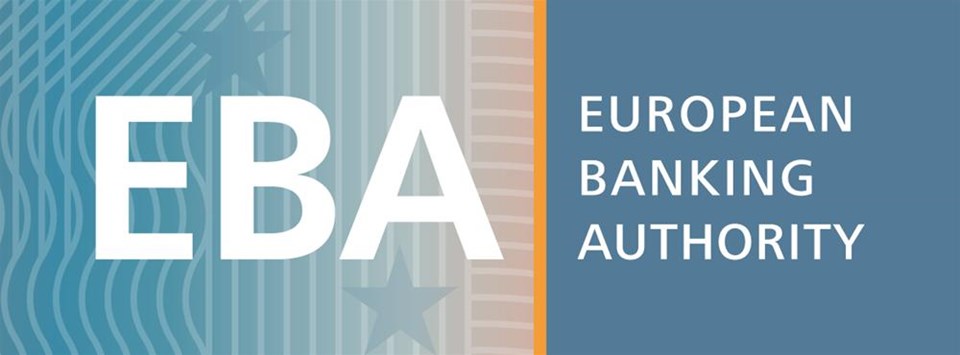European Banking Authority finds that money laundering and terrorist financing risks in payments institutions are not managed effectively. EBA’s findings also suggest that „not all competent authorities are currently doing enough to supervise the sector effectively”.

The European Banking Authority (EBA) published its Report on money laundering and terrorist financing (ML/TF) risks associated with EU payment institutions. Its findings suggest that ML/TF risks in the sector may not be assessed and managed effectively by institutions and their supervisors.
In 2022, the EBA assessed the scale and nature of ML/TF risk in the payment institutions sector. It considered how payment institutions identify and manage ML/TF risks and what supervisors do to mitigate those risks when considering an application for the authorisation of a payment institution and during the life of a payment institution.
The EBA’s findings suggest that generally institutions in the sector do not manage ML/TF risk adequately. AML/CFT internal controls in payment institutions are often insufficient to prevent ML/TF. This is in spite of the high inherent ML/TF risk to which the sector is exposed.
The EBA’s findings also suggest that not all competent authorities are currently doing enough to supervise the sector effectively. As a result, payment institutions with weak AML/CFT controls can operate in the EU, for example by establishing themselves in Member States where authorisation and AML/CFT supervision processes are less stringent to passport their activities cross-border afterwards.
Failure to manage ML/TF risks in the payment institutions sector can impact the integrity of the EU’s financial system. The EBA’s work on access to financial services further suggests that failure to address those risks will also undermine efforts to improve access by payment institutions to payment accounts.
Several of these findings relate to issues addressed in EBA Guidelines. A more robust implementation by supervisors and institutions of provisions in these guidelines will mitigate the sector’s exposure to ML/TF risks.
Anders Olofsson – former Head of Payments Finastra
Banking 4.0 – „how was the experience for you”
„So many people are coming here to Bucharest, people that I see and interact on linkedin and now I get the change to meet them in person. It was like being to the Football World Cup but this was the World Cup on linkedin in payments and open banking.”
Many more interesting quotes in the video below:









